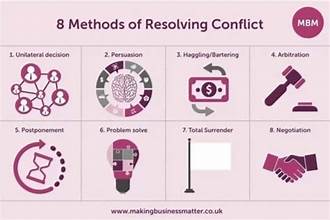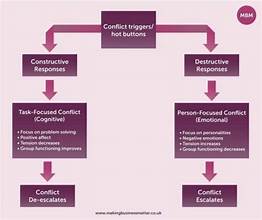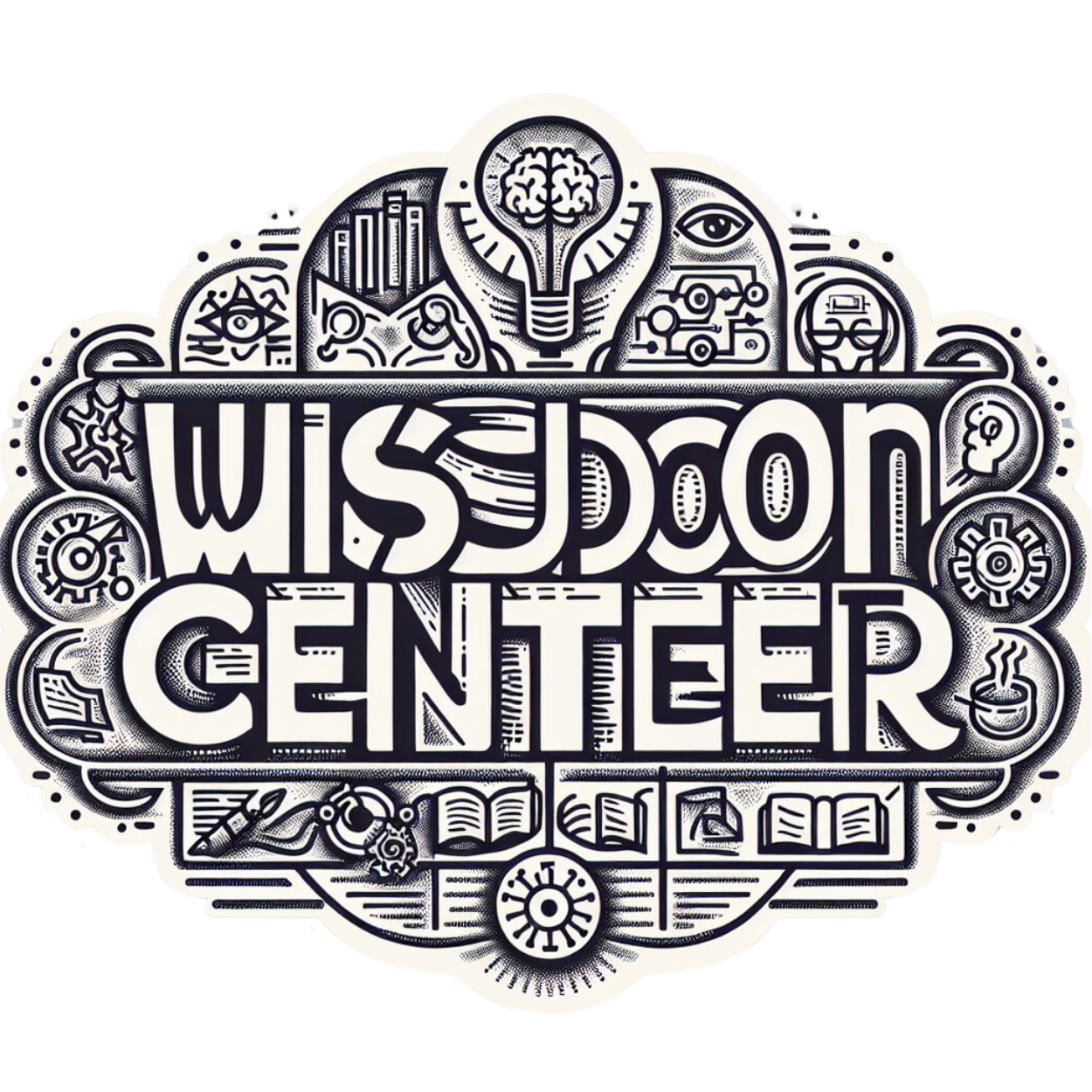In an increasingly interconnected world, conflicts—whether in the workplace, between nations, or within communities—are inevitable. However, the way we approach conflict resolution is evolving. Modern techniques are transforming how we handle disagreements, providing more effective and sustainable solutions. This article delves into some of the most innovative conflict resolution strategies that are shaping effective solutions today.
1. Embracing Technology: AI and Data Analytics
Technology has revolutionized many aspects of our lives, and conflict resolution is no exception. Artificial Intelligence (AI) and data analytics are increasingly being used to predict, manage, and resolve conflicts.
AI-Powered Mediation Tools: AI tools are being developed to assist mediators in understanding the nuances of disputes. These tools analyze patterns in communication and behavior, providing insights that human mediators might miss. For instance, AI can analyze text and voice patterns to identify underlying emotions and biases, which helps mediators address core issues more effectively.
Predictive Analytics: Predictive analytics uses historical data to forecast potential conflicts. By analyzing past conflicts and their resolutions, organizations can anticipate issues before they escalate and develop proactive strategies. For example, businesses can use predictive analytics to identify potential HR issues before they become major disputes.
2. Collaborative Problem-Solving
Traditional conflict resolution often focuses on winning and losing, but modern strategies emphasize collaboration and mutual benefit.
Interest-Based Negotiation: This approach involves identifying the underlying interests of all parties involved rather than focusing on positions. By understanding each party’s core needs and concerns, solutions can be crafted that address the interests of everyone involved. This method fosters a cooperative atmosphere and leads to more sustainable resolutions.
Facilitated Dialogue: Facilitated dialogue involves a neutral third party guiding the conversation between conflicting parties. The facilitator helps ensure that all voices are heard and that the discussion remains constructive. This technique is particularly effective in resolving community disputes and international conflicts.
3. Restorative Justice Practices
Restorative justice focuses on repairing harm and restoring relationships rather than punishing offenders. This approach is gaining traction in various areas, including criminal justice, schools, and workplaces.
Victim-Offender Dialogue: In restorative justice, victims and offenders have the opportunity to meet and discuss the impact of the offense. This dialogue allows offenders to understand the consequences of their actions and provides victims with a platform to express their feelings. This process can lead to healing and reconciliation, benefiting both parties and the community as a whole.
Community Conferencing: Community conferencing involves bringing together the offender, victim, and community members to discuss the offense and develop a plan for restitution. This approach encourages collective responsibility and fosters a sense of community support, which can prevent future conflicts.
4. Emotional Intelligence Training
Emotional intelligence (EI) plays a crucial role in effective conflict resolution. Training programs designed to enhance EI skills can significantly improve how individuals manage and resolve conflicts.
Self-Awareness and Self-Regulation: Training programs focus on helping individuals understand their emotions and manage them effectively. By improving self-awareness and self-regulation, individuals can approach conflicts with a clearer mind and a more balanced perspective.
Empathy Development: Empathy is a key component of emotional intelligence. Training programs often include exercises and techniques to help individuals better understand and relate to others’ emotions and perspectives. This increased empathy can lead to more effective communication and resolution strategies.
5. Transformative Mediation
Transformative mediation is a relatively new approach that focuses on changing the relationship between conflicting parties rather than merely resolving the specific issue at hand.
Empowerment and Recognition: This approach seeks to empower parties by giving them a voice and recognizing their perspectives. The mediator’s role is to support the parties in finding their own solutions and improving their relationship. By fostering mutual respect and understanding, transformative mediation can lead to long-term positive outcomes.
Focus on Relationship Building: Transformative mediation emphasizes the importance of rebuilding trust and improving communication between parties. By addressing underlying relationship issues, this approach can prevent future conflicts and create a more collaborative environment.
6. Integrative Problem-Solving
Integrative problem-solving is an approach that aims to create win-win solutions by combining the strengths of all parties involved.
Joint Problem-Solving Sessions: In integrative problem-solving, all parties work together to identify and address the root causes of the conflict. This collaborative approach encourages creativity and innovation, leading to solutions that satisfy everyone involved.
Solution-Oriented Mindset: This strategy focuses on finding solutions rather than assigning blame. By maintaining a solution-oriented mindset, parties can work together more effectively and achieve mutually beneficial outcomes.
Conclusion
Innovative conflict resolution strategies are reshaping how we address and resolve disputes. From leveraging technology and fostering collaboration to embracing restorative justice practices and enhancing emotional intelligence, these modern techniques offer more effective and sustainable solutions. As conflicts continue to arise in various aspects of life, adopting these innovative approaches can lead to more harmonious and productive outcomes. By understanding and implementing these strategies, individuals and organizations can navigate conflicts with greater ease and achieve more meaningful resolutions.


